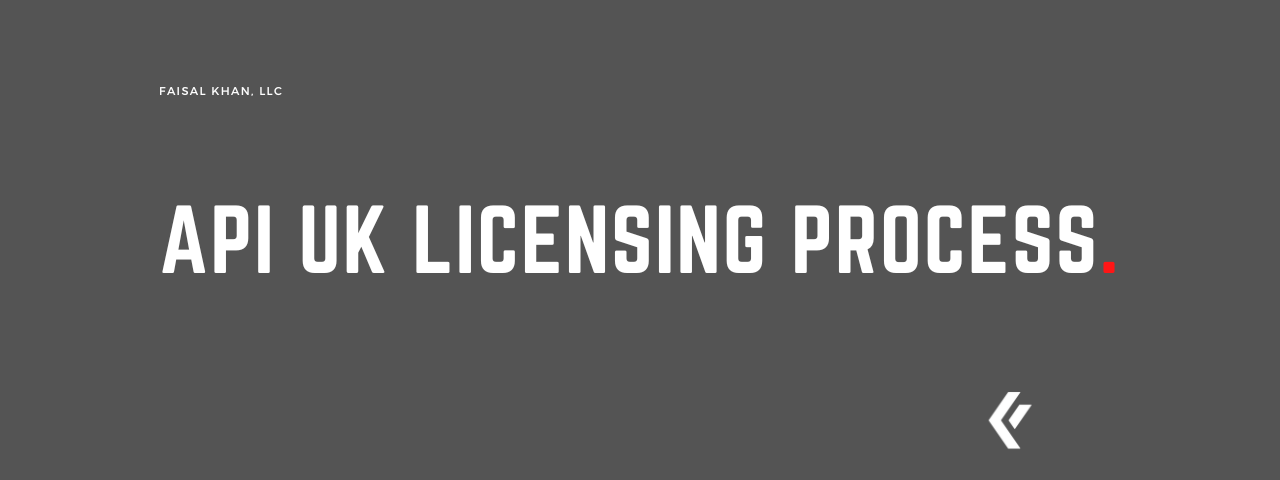Public Advisory for Money Transfer Licensing in the UK
The Financial Conduct Authority (FCA) in the UK has implemented a stringent and restrictive approach to licensing, resulting in significant delays and a sharp decrease in approval rates. Entrepreneurs seeking licenses must carefully consider the challenges and requirements before proceeding. Read more here.
What is the UK API License?
The UK API License enables you to offer financial services to the UK. These include, but are not limited to, payment process, payment accounts, transfer of money, and acquisition of merchants. The API highlights the set of requirements laid down by the PSD2, or the Payment Service Directive 2, which is an EU Directive (Directive 2015/2366).
Who Regulates the API License in the UK?
The UK API License is issued by the Financial Conduct Authority (FCA) in the UK. The FCA is a regulatory body that oversees over 50,000 financial institutions that operate in the UK’s financial market. Its main purpose is to overlook all such institutions and ensure that they maintain compliance and transparency so that customers are not exploited in any manner.
Who needs an API License in the UK?
If you are an entrepreneur, a start-up, or an incumbent who wants to provide regulated payment and financial services, such as transfer of monetary funds, processing of payments, and acquisition of merchants, to the UK’s financial market, you must obtain a UK API License. In other words, to be a payment service provider in the UK, you need the UK API License. With a UK API License, you can offer the following services:
- Placing cash in a payment account and operating that payment account
- Withdrawing cash from payment accounts
- Executing payment transactions from a payment account or covered by a credit line including money transfers, direct debits, credit transfers etc.
- Issuing payment instruments
- Acquiring payment transactions
- Remittance of monetary funds
- Initiating payments
- Providing information about accounts
—
This page was last updated on June 2, 2023.
–

